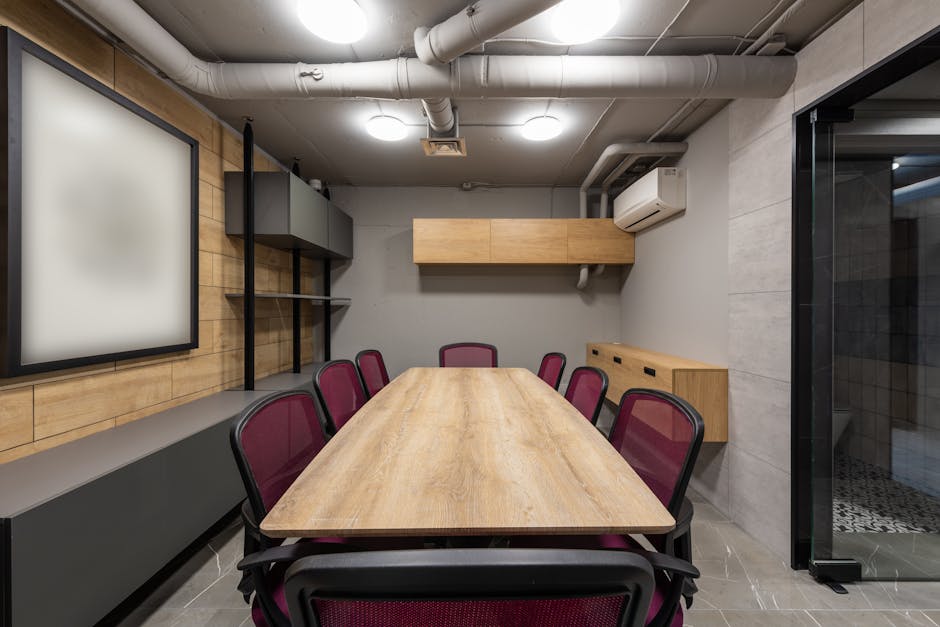Finding the right rehabilitation center can feel like navigating through a maze without a map. With numerous options, each promising the best outcome, it’s essential to know what truly matters. Let’s embark on a journey to demystify the essentials of choosing the most effective rehabilitation center that resonates with your unique path to recovery.
Table of Contents
- 1 Understanding the Basics of Rehabilitation Centers
- 2 Key Factors to Consider When Choosing a Rehabilitation Center
- 3 The Importance of a Personalized Treatment Plan
- 4 Evaluating the Staff Qualifications and Center Accreditation
- 5 Understanding the Role of Support Systems in Rehabilitation
- 6 Questions to Ask Before Choosing a Rehabilitation Center
- 7 Illuminating Your Path to Recovery
Understanding the Basics of Rehabilitation Centers
At its core, a rehabilitation center offers a beacon of hope for those struggling with addiction, physical injuries, or diseases requiring intensive therapy. These centers are not just treatment facilities; they are ecosystems designed to foster recovery, improve functionality, and empower individuals to reclaim their lives. Understanding the foundation of what rehabilitation centers offer is the first step in discerning which facility will best meet the complexities of your or your loved one’s needs.
Key Factors to Consider When Choosing a Rehabilitation Center
Selecting the right rehabilitation center hinges on several pivotal factors, which include but are not limited to the types of therapy offered, the qualifications of the staff, and the center’s overall philosophy towards recovery. It’s imperative to consider a center that not only addresses the physical aspects of rehabilitation but also places a strong emphasis on emotional and psychological support, offering a holistic approach to healing.
Accessibility and location are also crucial considerations. A center nearby can ease the stress of travel, making it easier for family and friends to visit, which can significantly bolster the recovery process. Moreover, the facility should be equipped with the necessary amenities and a conducive environment that promotes healing and well-being.
The Importance of a Personalized Treatment Plan
Personalization is key in the realm of rehabilitation. A one-size-fits-all approach does not suffice when dealing with complex health issues. That’s why the hallmark of an exceptional rehabilitation center is its ability to craft a treatment plan that is as unique as the individuals it serves. This entails a thorough assessment of the patient’s condition, preferences, and goals, ensuring the recovery process is aligned with their specific needs.
Such a plan integrates various therapeutic modalities, adapting to the patient’s progress, and often includes a combination of physical therapy, counseling, and medication-assisted treatment, among other interventions. The adaptability and responsiveness of the treatment plan are crucial for addressing the evolving needs of the patient throughout their recovery journey.
Evaluating the Staff Qualifications and Center Accreditation
The caliber of the staff and the accreditation of a rehabilitation center speak volumes about the quality of care provided. Accreditation by reputable bodies ensures the center meets stringent standards in patient care and safety. Similarly, a staff comprised of certified and experienced professionals in various disciplines ensures comprehensive care, encompassing physical therapy, mental health services, and support for substance abuse, if necessary.
Inquiring about the staff-to-patient ratio can also provide insights into the level of personalized attention and support you can expect. A lower ratio often indicates more dedicated care, crucial for effective rehabilitation.
Understanding the Role of Support Systems in Rehabilitation
The journey towards recovery is rarely a solitary one. The support systems put in place by rehabilitation centers can significantly impact the success of the rehabilitation process. This includes not only the medical and therapeutic support but also the emotional and social backing provided by staff, fellow patients, and support groups. A center that fosters a sense of community can enhance motivation, encourage shared experiences, and provide a network of support that extends beyond the confines of the center.
Questions to Ask Before Choosing a Rehabilitation Center
Before making a decision, it’s essential to arm yourself with information. Questions regarding the center’s approach to treatment, the types of therapies offered, and the qualification of staff should be at the top of your list. Additionally, inquire about success rates, patient testimonials, and how the center handles setbacks or relapses. Understanding the financial aspect, including insurance coverages and out-of-pocket costs, is also crucial to ensure the chosen center fits within your financial planning.
Illuminating Your Path to Recovery
Choosing the right rehabilitation center is a crucial step towards a successful recovery. It’s not just about finding a place that offers treatment but finding a sanctuary that aligns with your personal journey, supporting both your physical and emotional healing. The right center is out there, armed with a compassionate staff, personalized plans, and an environment that uplifts your spirit. Remember, the decision you make today will illuminate your path to a brighter, healthier tomorrow.











